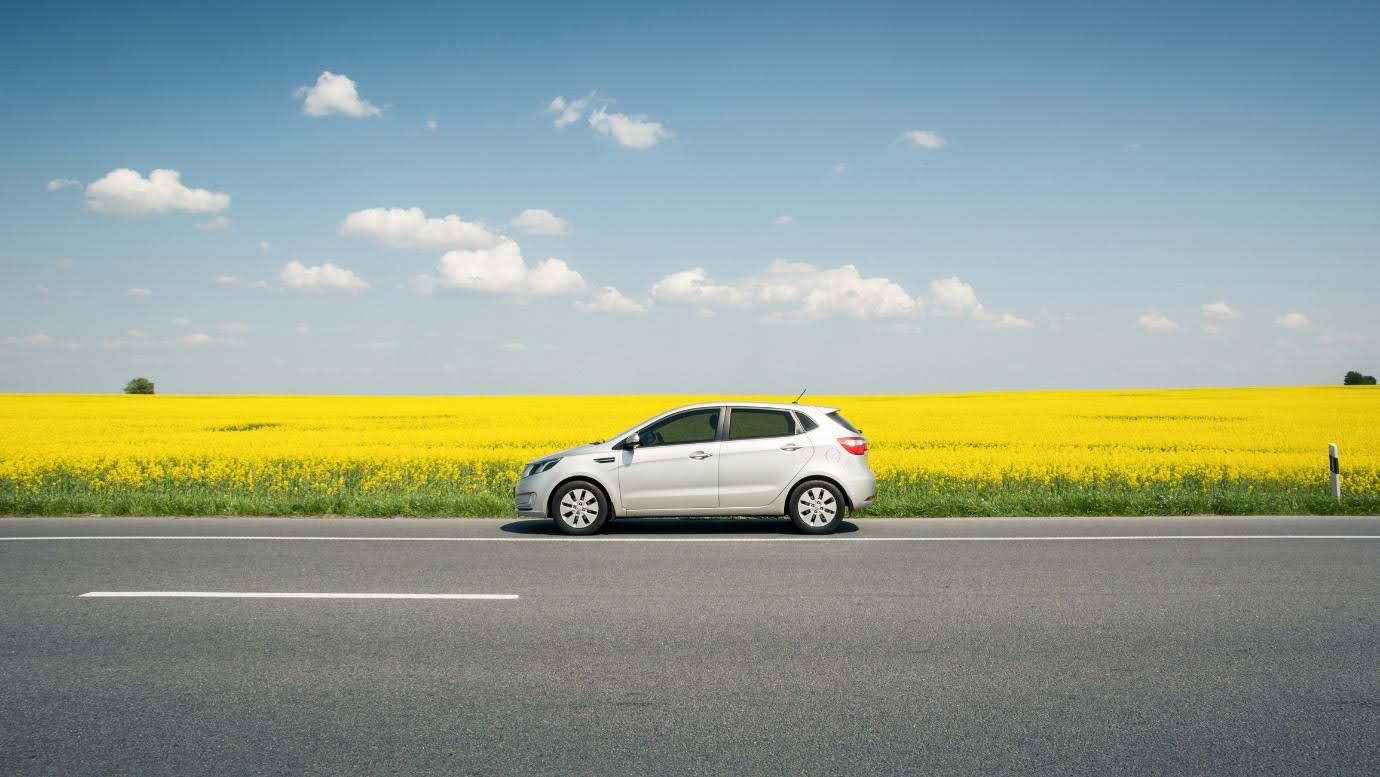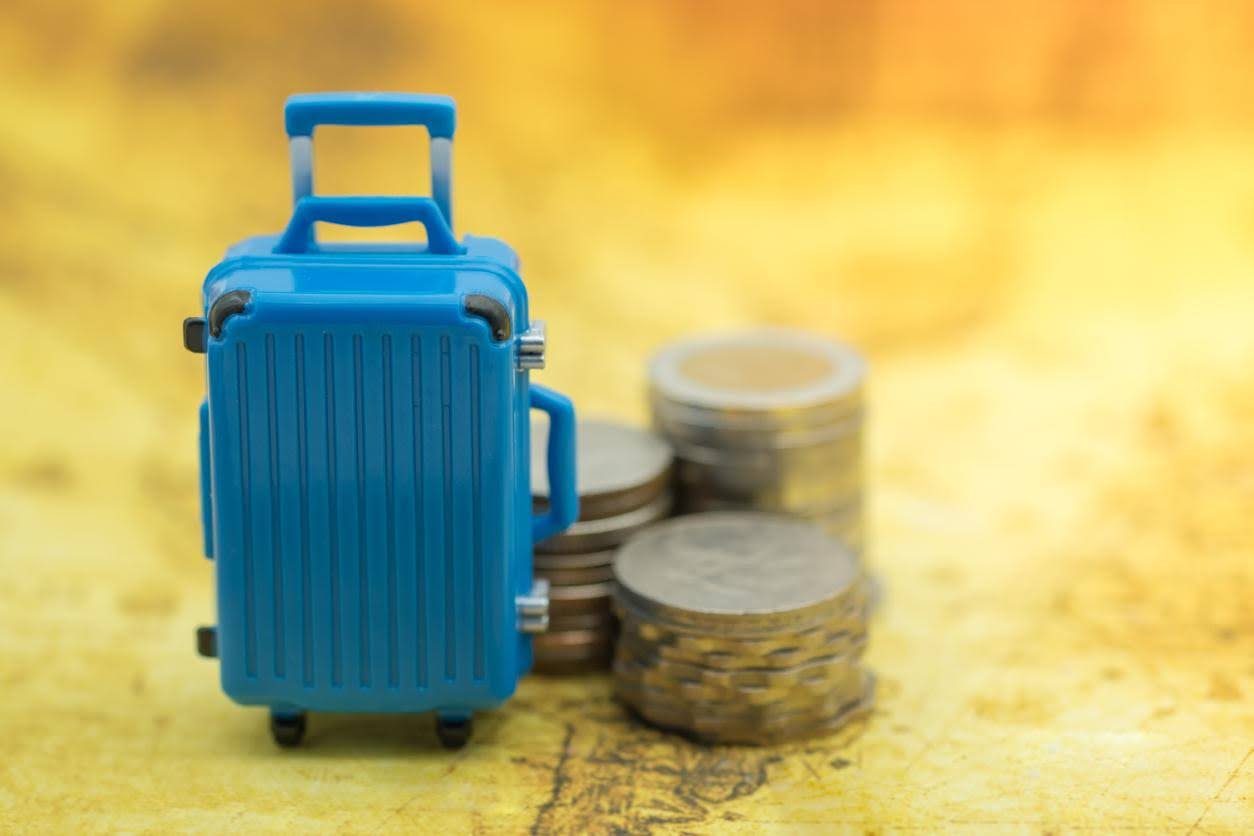For many, hiring a car will be a breeze with no issues or surprises. However, on occasion, car hire can be a headache, with many different rules and restrictions. We compiled this list of the top 12 common hire car pitfalls with tips and tricks on how you can avoid them.
Book and pay early (to ensure booking) but be vigilant for last minute deals – There is potential that rental cars may become scarce this summer, especially in some peak holiday destinations. To ensure you get the car you prefer at the best price, book early and pay at the time of booking. A majority of rental companies offer free cancellation if you cancel at least 48 hours before the booking, leaving hirers time to search for better deals closer to your departure.
Additionally, it is good practice to use a price comparison service to check prices. For example, in Crete for a week this summer (29 July to 5 Aug), a medium compact car is £409 with Europcar, whilst Avis and Enterprise are charging £200 more according to our seven-country study of European car hire costs.
Hire a vehicle away from the Airport / Railway Station – Compare the price of hiring from the main transport hubs such as the airport or railway station, with the same company a short distance away as it’s possible the saving is worth the additional taxi ride.
Don’t buy extras from the rental desk! It’ll save you £190 on average – Carry child car seats with you, don’t hire a sat nav, and try to avoid adding a driver to the policy unless it is necessary. Adding a car seat, sat nav, and additional driver to your agreement could cost on average another £190 on top of standard car hire cost.
Shop around for car hire excess insurance – If your hire car is damaged or stolen, you will be liable for the excess amount, which can exceed £1,200 on average, according to a study by iCarhireinsurance.com. So it’s important to protect yourself from these high fees with car hire excess insurance. However, it costs on average £190 if bought from the rental company. Buying from a standalone provider, like iCarhireinsurance.com, is normally considerably cheaper and usually offers more comprehensive cover.
Use a credit card for booking – Always use a credit card to book car hire so you gain Section 75 protection from the Consumer Credit Act. This protects purchases over £100 (and less than £30,000), meaning you could get your money back if there is a problem.
Small Print – The boring, but very important part of car hire. Always read the agreement document thoroughly and make sure you are not signing for an upgrade or paying for the rental company’s excess waiver insurance. This could delay your departure, but it is worth it. No one wants any nasty surprises when your credit card bill arrives the next month.
Check fuel policy – Make sure you know the rental company’s fuel policy before you drive away. You may need to return it with a full tank so ensure you do, as the penalties can be expensive. Also, keep the receipt from the petrol company as evidence.
Mileage Restrictions – Make sure you understand the rental companies mileage restrictions so you don’t get caught out with financial penalties.
Take Photographic Evidence of Existing Damage – To avoid unfair damage charges, car hirers should check the vehicle thoroughly at pick up, and at drop off. Ensure you take photos, you can do this with ourfree travel app for travelers, called iCarhire, which takes date and time-stamped photographs that can then be used as evidence in the event of a dispute or claim. You can download the iCarhire app here.
How To Complain - In the event of a dispute with a car rental company in Europe, contact the BVRLA in the UK, whose members are expected to adhere to its mandatory Codes of Conduct, or the European Car Rental Conciliation Service (ECRCS), which also offers a free service to help with unresolved complaints. The ECRCS’ member companies are bound by the decision reached by the conciliation service and include Avis, Alamo, Budget, Europcar, Hertz, National Car Rental, Sixt, Firefly and Enterprise. Unfortunately, there is no equivalent body in the US. The UK International Consumer Centre (UKICC) also provides free advice for consumers who encounter problems when buying goods and services from outside of the UK. The UKICC also works with the European Consumer Centres Network (ECC-Net).
Running Late – Always stay in touch with the car hire company and ensure they are aware of your travel details, as car hire bookings can be cancelled if travellers are late.
Clean the Car – There are an increasing amount of reports that car hirers are being fined for returning dirty cars. Try and keep the car in a clean state as possible and take away rubbish and any excess dirt.
These 12 Car Hire tips should help make your car hire experience less stressful! Remember to shop around for both car hire and car hire excess insurance, so you are getting the best deal possible!










